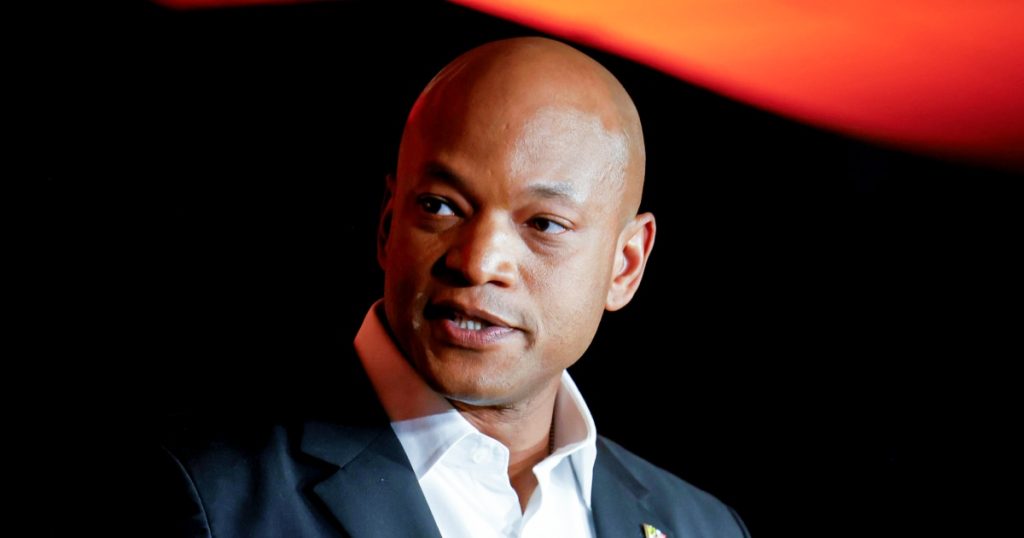Maryland Governor Wes Moore has been thrust into the national spotlight following a bridge collapse in Baltimore that killed six people and shut down an international port. Moore, a rising star in the Democratic Party, has been praised for his leadership in response to the crisis. His experience as a combat veteran and CEO of an anti-poverty organization has prepared him to address the complex challenges posed by the bridge collapse.
Since the cargo ship Dali crashed into the Francis Scott Key Bridge in Baltimore, Moore has declared a state of emergency and has been actively involved in the response efforts. He has been seen at the site of the collapsed bridge, meeting with victims’ families, and attending public events in the city. Despite the magnitude of the crisis, Moore remains confident in the ability to rebuild and restore normalcy to the affected areas.
Moore’s handling of the crisis will be a critical test of his leadership and potential as a future presidential contender. During a heated Democratic primary campaign, Moore faced allegations of misrepresenting his upbringing, but he demonstrated resilience and leadership skills that earned him the nomination for governor. Political observers believe Moore is proving himself capable of managing tough issues and leading effectively during a crisis.
Despite his rapid rise to political prominence, Moore remains focused on addressing the immediate challenges facing Maryland and has not let political ambition cloud his judgment. He has emphasized the importance of rebuilding trust and unity in the community, highlighting his commitment to serving the people of Maryland. As he navigates the aftermath of the bridge collapse, Moore’s leadership will be closely watched by voters and political strategists alike.
Governor Moore’s response to the crisis has drawn comparisons to other governors who have successfully navigated challenging circumstances and gained popularity among voters. Kentucky Governor Andy Beshear’s handling of the Covid-19 pandemic and natural disasters during his first term contributed to his re-election victory. Moore’s ability to demonstrate compassion and effective leadership during the bridge collapse may similarly boost his standing among Maryland residents.
As Maryland begins the process of rebuilding and healing in the wake of the bridge collapse, Governor Moore’s actions will speak volumes about his leadership capabilities. Despite facing skepticism and challenges early in his political career, Moore has shown resilience and determination in addressing crises and uniting communities. As he continues to lead the response efforts, Moore’s actions will shape his political future and potentially pave the way for a higher office in the years to come.













